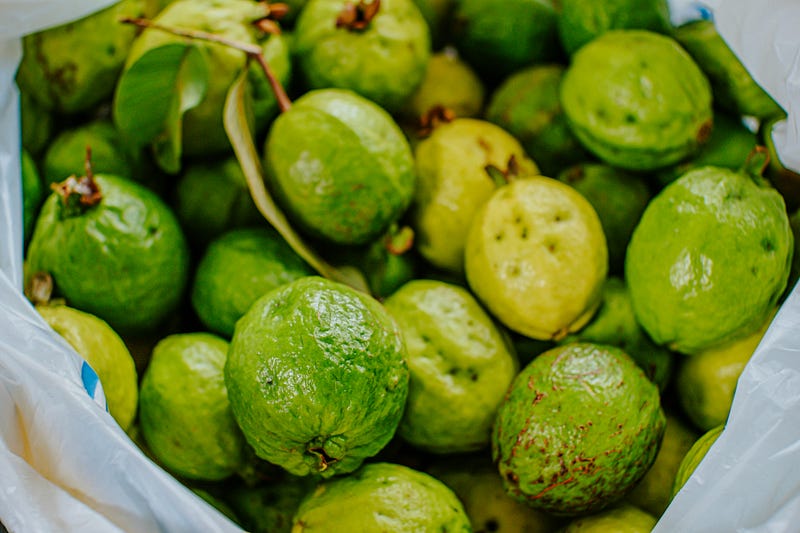For Java Developers: 5 Guava Functions That Will Revolutionize the Way You Code

Attention Java enthusiasts! Are you ready to supercharge your coding skills?
Guava, a rich set of Google’s core libraries for Java, offers some truly mind-blowing functionalities that can take your code to the next level.
Let’s explore 5 Guava functions that will astonish you.
1 . BiMap: The Two-Way Map
A BiMap is a bidirectional map that preserves the uniqueness of its values as well as its keys.
This two-way map allows you to map keys to values and vice versa with equal ease, ensuring that there is a unique inverse mapping.
example:
BiMap<String, Integer> userId = HashBiMap.create();
userId.put("Alice", 1);
userId.put("Bob", 2);
System.out.println(userId.get("Alice")); // Outputs 1
System.out.println(userId.inverse().get(2)); // Outputs Bob 2. Range: Beyond Simple Comparisons
The Range class still holds its place in our list for its expressiveness and utility.
It's an indispensable tool for dealing with a range of Comparable types.
Range<Integer> validGrades = Range.closed(1, 100);
System.out.println(validGrades.contains(70)); // true
System.out.println(validGrades.contains(0)); // false 3. Table: A Two-Dimensional Map
The Table collection is a game-changer.
It lets you use a pair of keys to uniquely identify a value.
Think of it as a Map with two keys!
Table<String, String, Integer> universityCourseSeats = HashBasedTable.create();
universityCourseSeats.put("Computer Science", "CS101", 30);
universityCourseSeats.put("Mathematics", "MA101", 25);
System.out.println(universityCourseSeats.get("Computer Science", "CS101")); // Outputs 30 4. TypeToken: Safely Handle Complex Generics
Generics in Java can get tricky, especially with type erasure at runtime.
Guava’s TypeToken is a class that allows you to work with generic types even after they've been erased by the compiler.
This means you can dynamically access and manipulate generic types in a safe, reflective manner.
TypeToken<List<String>> typeToken = new TypeToken<List<String>>() {};
Type type = typeToken.getType();
if (type instanceof ParameterizedType) {
ParameterizedType pType = (ParameterizedType) type;
System.out.println(pType.getActualTypeArguments()[0]); // Outputs class java.lang.String
} 5. EventBus: Simplify Your Event Handling
Guava’s EventBus is an incredibly simple yet powerful publish-subscribe event system that decouples event producers and event consumers, making your event management and handling clean and straightforward.
With EventBus, listeners subscribe to the type of events they want to handle, and producers post events to the bus, which are then dispatched to the appropriate subscribers.
// Define an event type
class CustomEvent {
private final String message;
public CustomEvent(String message) {
this.message = message;
}
// Getter
public String getMessage() {
return message;
}
}
// Define a subscriber
class EventListener {
@Subscribe
public void handle(CustomEvent event) {
System.out.println("Received event: " + event.getMessage());
}
}
// Usage
EventBus eventBus = new EventBus();
EventListener listener = new EventListener();
// Register the subscriber
eventBus.register(listener);
// Post an event
eventBus.post(new CustomEvent("Hello Guava EventBus!")); There you have it.
Guava’s comprehensive, powerful utilities can help you write cleaner, more efficient Java code.
So, what are you waiting for? Dive into Guava and watch your code transform!





